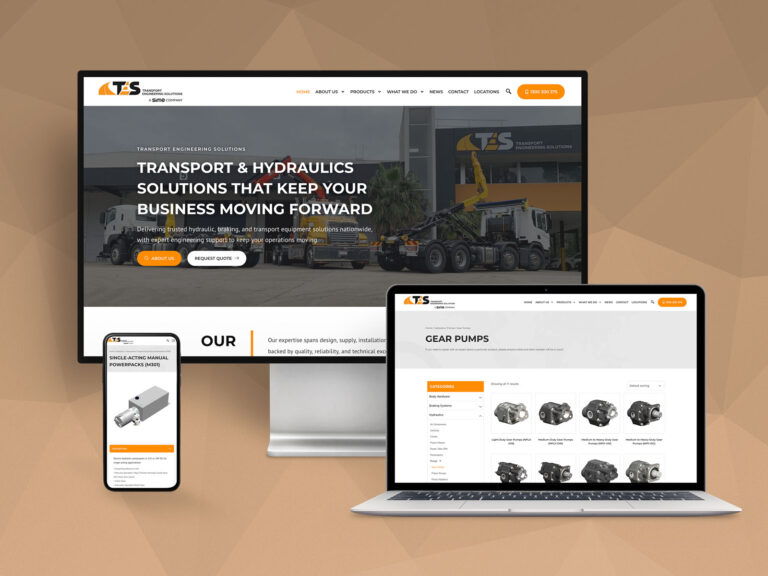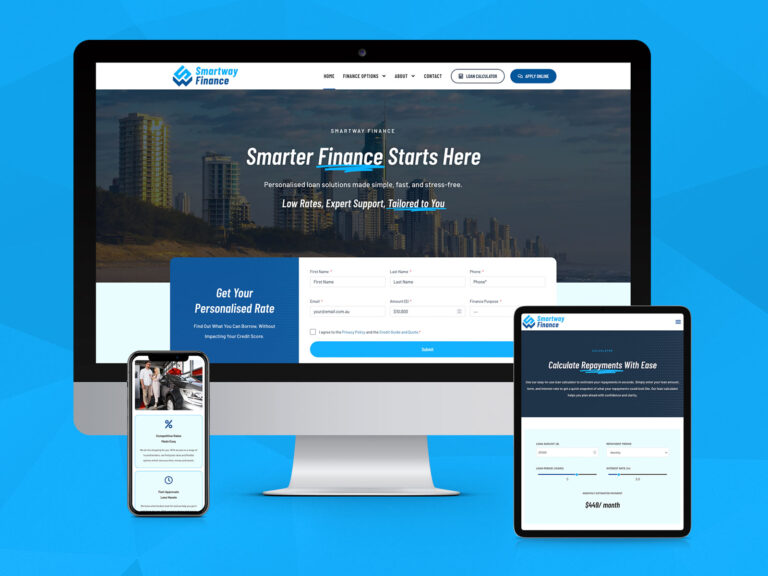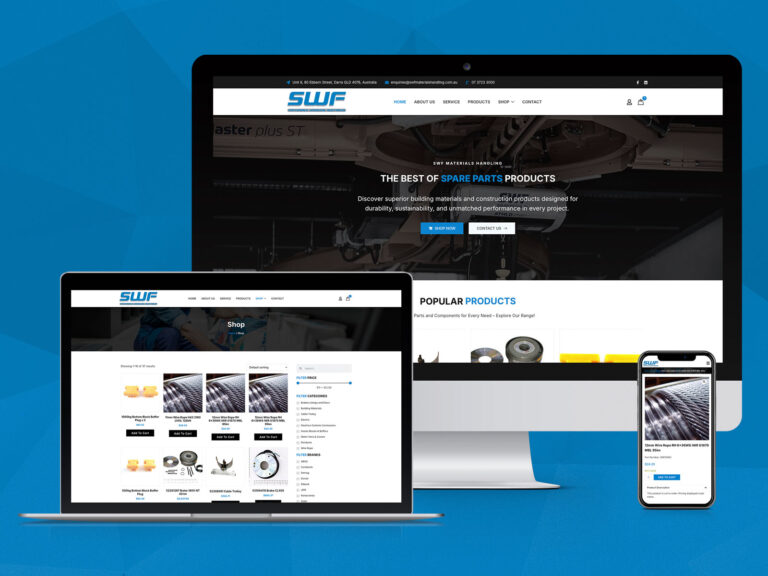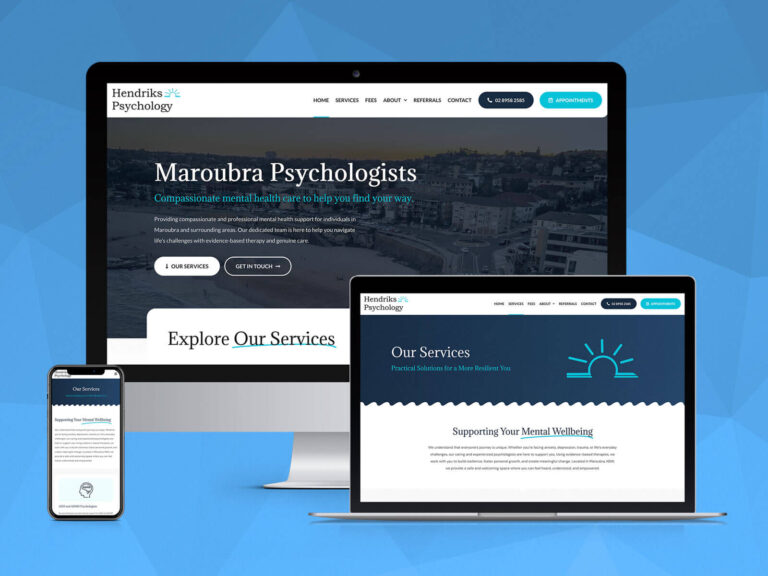For anyone running a business website, the ultimate shared goal is conversions. These conversions are closely tied to specific objectives that align with the purpose and nature of the website and business. For instance, if you’re in the business of selling products online, your conversion goal might be actual product sales. Others may aim for a certain number of email newsletter sign-ups.
Understanding Website Conversion
Have you ever stumbled upon a website that left you feeling unsatisfied? Perhaps its visual design was amiss, making navigation a chore, or maybe the content failed to captivate your interest. As it turns out, these factors significantly influence a website’s conversion rate.
In essence, a website conversion occurs when a visitor arrives at your website and completes a desired action or goal. The nature of these goals can vary, but they all contribute to the success of your website and business. These actions can include making a purchase, signing up for a service, subscribing to newsletters, sharing content on social media, clicking on a specific call-to-action (CTA) button, filling out a form, adopting a new feature, or downloading an app. The percentage of visitors who complete these predetermined actions is what we call the conversion rate. For instance, if 1000 people visit your website and 20 make a purchase, your conversion rate is 2%.
What Constitutes a Good Conversion Rate?
Determining what constitutes a good conversion rate is not a one-size-fits-all endeavor. It depends on various factors, including your industry, sales cycle, products or services, costs, and more. Typically, conversion rates range from 2% to 5%, but the ideal figure varies dramatically across industries.
Website Optimisation to Drive Conversions
Website optimisation involves a series of actions aimed at enhancing a website’s performance in various aspects, from boosting web traffic to improving conversion rates and user-friendliness. The benefits of website optimisation are multifaceted.
Optimising your website’s content quality makes it more discoverable organically, attracting more potential leads that can ultimately become customers. Key to this is optimising page load speed—a crucial step. Quick load times are paramount in retaining potential customers on your website.
Website optimisation also ensures a lightweight, responsive, and mobile-first design, catering to both desktop and mobile users. It detects and fixes issues like bugs, errors, or broken links, ensuring your website and content are search engine optimised.
Website Performance Influences Conversion Rate
The performance of your website has a measurable impact on conversion rates. Let’s delve into some factors affecting a website’s conversion rate.
Website Speed – How Fast Your Website Loads
Website speed directly influences a user’s experience. Faster loading times increase the likelihood of users performing desired actions on a webpage. Nearly 70% of customers admit that page speed affects their decision to purchase online. For instance, pages that load within 2.4 seconds boast a conversion rate of 1.9%, while those taking 5.7 seconds or more drop to a 0.6% conversion rate. Thus, improving page load time by even one second can significantly impact revenue.
Website Design – How Does Your Website Look
Website design is another crucial factor affecting conversion rates. Poorly designed websites with cluttered layouts, confusing navigation, and disorganized pages deter visitors from taking desired actions. Inconvenient forms, fonts, colors, or aesthetics can be equally detrimental.
Website Content – How Relevant Is Your Content
Compelling, concise, and clear content guides visitors toward desired actions. Conversely, vague or confusing copy can deter conversions. Action-oriented language in call-to-actions (CTAs) throughout web pages is essential for encouraging conversions.
Mobile Friendly Website
Mobile devices now dominate online searches. Users expect a seamless browsing experience across devices. A lack of mobile-friendliness leads to navigation difficulties and high bounce rates, hindering conversions.
How do you track Website Conversion?
Tracking website conversions is essential for understanding your online success. To do this, you can implement various tools and techniques. One common method is to set up conversion tracking through platforms like Google Analytics, which provides detailed insights into user interactions and goals completion on your website. Additionally, using Google Tag Manager simplifies the process of adding tracking codes to your site. Social media platforms like Facebook and LinkedIn also offer pixel tracking to monitor user actions and ad performance. These tools empower you to gauge the effectiveness of your website and marketing strategies, helping you make informed decisions for optimising conversions.
- Google Analytics – https://analytics.google.com
- Google Tag Manager – https://tagmanager.google.com
- Facebook Pixel – https://www.facebook.com/business/help/952192354843755
- LinkedIn Insight Tag – https://www.linkedin.com/help/lms/answer/65521/conversion-tracking-with-the-linkedin-insight-tag
Website optimisation plays a pivotal role in determining conversion rate success. Content, design, and speed profoundly influence a visitor’s likelihood to convert. Optimising various aspects of your website, from SEO to performance, mobile-friendliness, and accessibility, can drive more conversions and unlock numerous benefits for your business. Ultimately, the positive impact of these efforts extends beyond increasing conversion rates.
Is your website showing signs of wear and tear? Don’t let it slow you down. Our local Brisbane web development experts are here to ensure your online presence stays in peak condition. Contact us today for top-notch website maintenance services tailored to your needs. Your website deserves the best, and we’re here to deliver it.





